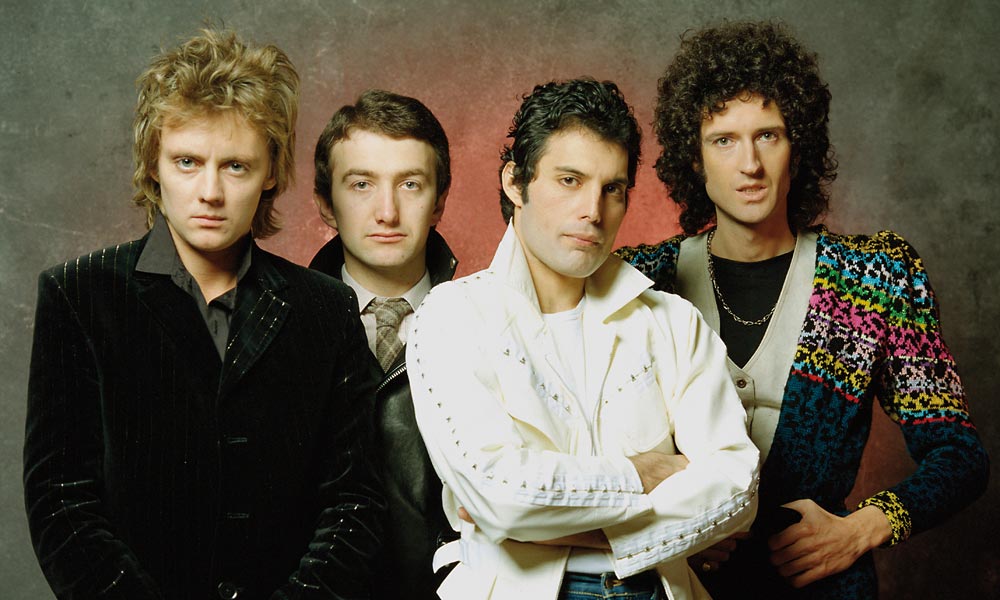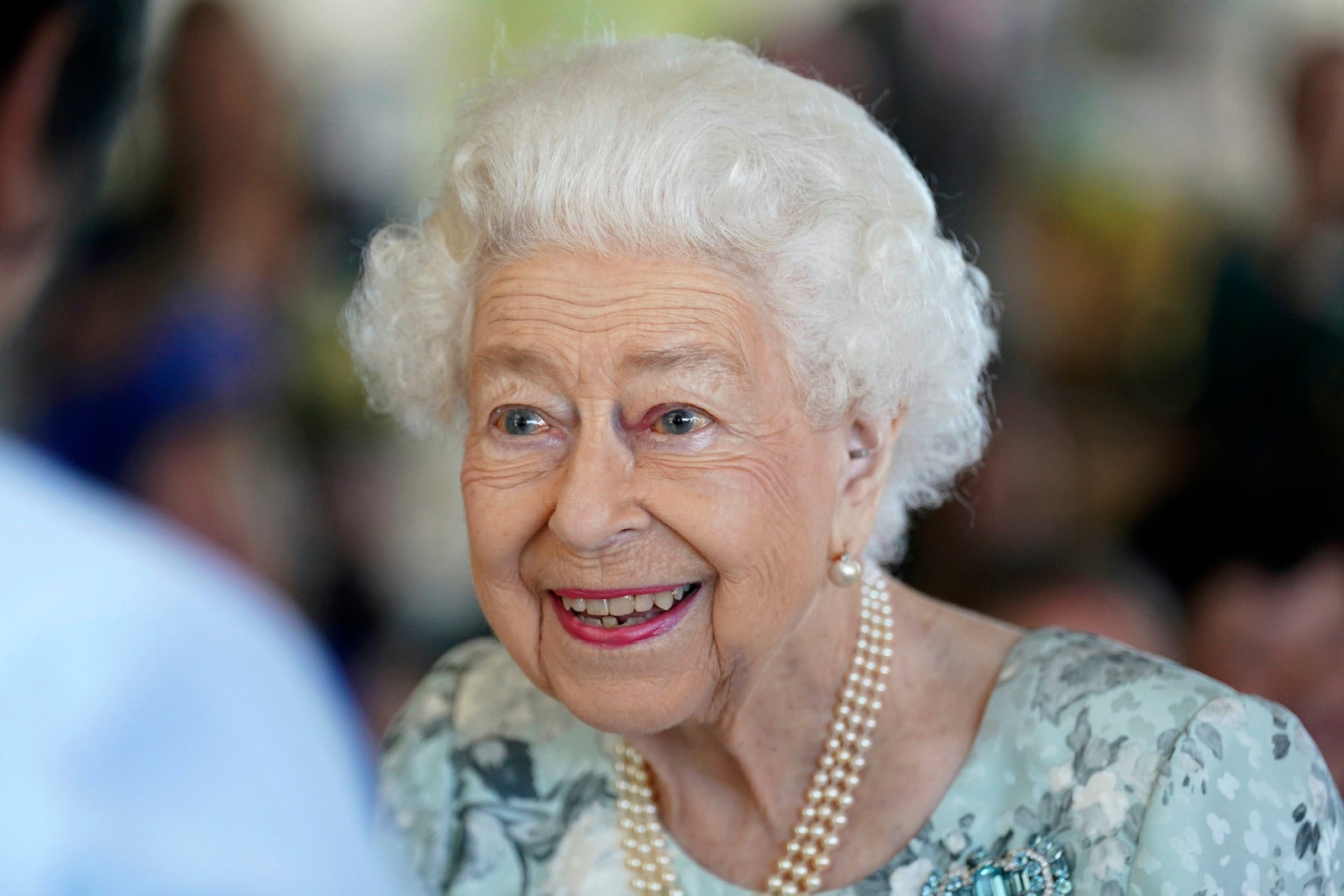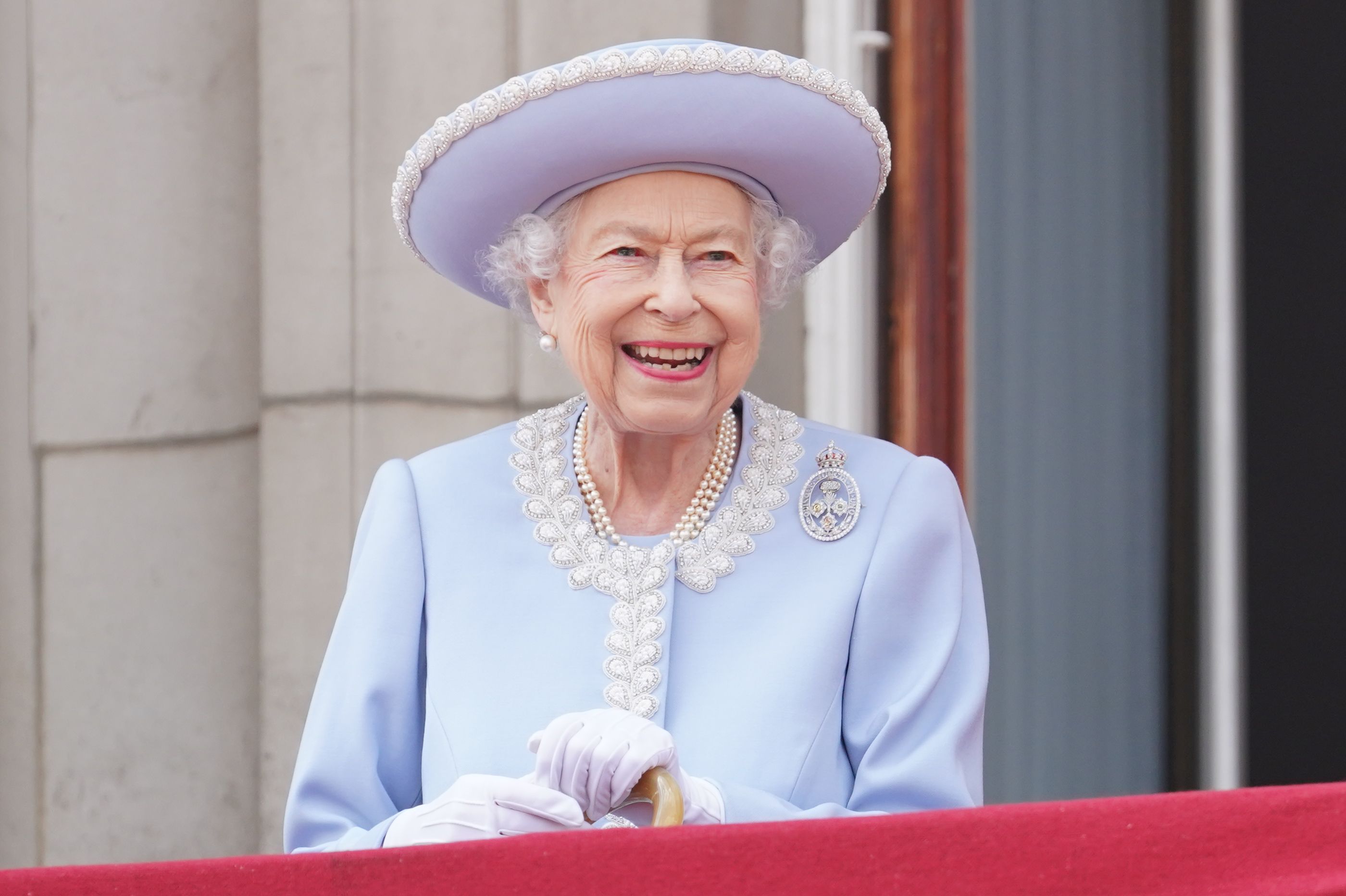Queen Roage - The Band's Enduring Sound
When you think about music that really leaves a mark, a sound that just grabs you and holds on, it's almost impossible not to think of Queen. This group, you know, they came together in London back in 1970, and from those very first moments, they started to shape something truly special. They weren't just making songs; they were creating experiences, building a kind of musical presence that, in a way, really did roar.
Their journey began with steps that many bands dream of taking. They signed their first recording deal in 1973, with EMI, and that very same year, their first album, simply called 'Queen', made its way out into the world. It was a big moment, certainly, marking the official start of something that would become a global phenomenon, a sound that would resonate with so many people across the years.
That first year also saw them take their sound on the road for a major tour across the UK, which was, you know, a huge step for any new group. And then, in 1974, they kept moving forward, showing everyone that their unique blend of music was here to stay. It's quite something to look back and see how quickly they started to make such a big impression.
Table of Contents
- The People Behind the Music
- Personal Details of the Band Members
- What Made Their Sound So Powerful?
- The Queen Roage of Early Recordings
- How Did They Create Their Signature Sound?
- The Queen Roage of Studio Sessions
- What Does Commercial Success Mean for Queen?
- Keeping the Music Alive Today
The People Behind the Music
So, when we talk about Queen, it's really about a few individuals who brought their distinct talents together. The group was formed in London, in 1970, and it started with Freddie Mercury, who handled the lead singing and played piano. Then there was Brian May, a wizard on the guitar and also singing. Roger Taylor was there too, on drums and offering his voice. Later on, John Deacon joined them, taking care of the bass lines. These four, they were the classic lineup, the ones who really built the foundation of the band’s sound. They were, in some respects, a complete package, each bringing a piece that fit just right with the others.
The band, as a whole, was a British rock group, and they became known for mixing different styles. You could hear bits of heavy metal in their songs, along with elements of glam rock, and a certain theatrical flair that made their live shows quite memorable. This blend, it made them one of the most popular groups of the 1970s, and their hit songs are still very much a part of our musical landscape today. It’s pretty amazing, actually, how they managed to combine these sounds in a way that felt so fresh and exciting to so many listeners.
Their ability to connect with people, that was clear from the start. They weren't just playing music; they were putting on a show, creating a shared experience. Freddie's unique abilities, for example, were becoming very, very clear as time went on. His voice had a remarkable reach, able to hit notes that few others could, and his presence on stage, it gave Queen a really colorful and quite unpredictable feel. This stage presence, it was a big part of what made their performances so captivating, drawing people in.
Personal Details of the Band Members
When we look at the information provided about Queen, it tells us a good bit about the members and their roles within the band. We learn that Freddie Mercury was the lead singer and played piano, Brian May was on guitar and also sang, Roger Taylor handled the drums and vocals, and John Deacon played bass. This gives us a clear picture of who was doing what within the group, which is, you know, pretty important for understanding their sound.
However, the text doesn't really go into personal details like their birth dates, where they grew up, or other individual biographical facts beyond their musical contributions to Queen. So, while we know their names and their instruments, the specifics of their personal lives are not something that the provided information covers. This means we can't create a detailed table of personal data from this source alone, as we are sticking strictly to the text provided.
| Band Member | Primary Role(s) | Notes from Text |
|---|---|---|
| Freddie Mercury | Lead Vocals, Piano | Voice with a remarkable range, stage presence that gave Queen its colorful, unpredictable character. |
| Brian May | Guitar, Vocals | Original member when the band formed in 1970. |
| Roger Taylor | Drums, Vocals | Original member when the band formed in 1970. |
| John Deacon | Bass | Joined the band later. |
The text focuses on their collective work as Queen, and the impact they had as a musical unit. It highlights their formation, their recordings, and their overall success, rather than individual life stories. It's quite interesting, actually, how much impact a group can have when the focus is so clearly on the music they create together.
What Made Their Sound So Powerful?
You might wonder, what was it about Queen that made their music resonate so deeply with so many people? Well, it wasn't just one thing, but rather a combination of elements that came together in a truly distinctive way. Their music, you know, it was a British rock band sound, but it was also a blend of heavy metal, glam rock, and a certain theatrical touch. This fusion meant their songs had a kind of energy and flair that was pretty unique for the time. They weren't afraid to experiment, which is, honestly, a big part of what made them stand out.
Their early recordings, for instance, showed this willingness to explore different musical avenues. The first album, 'Queen', which came out in 1973, had a sound that was already starting to hint at the band's future greatness. It was recorded in London between 1971 and 1972 at Trident Studios and De Lane Lea Studios. Most of the songs on that record were produced by the band themselves, along with Roy Baker and Trident's team. This hands-on approach, you know, it probably gave them a lot of control over how their music sounded, allowing them to truly shape their early identity. It's almost as if they were very particular about their sound from the very beginning.
The Queen Roage of Early Recordings
The very first album, simply titled 'Queen', really set the stage for what was to come. It was a declaration of their arrival, a collection of songs that, in a way, introduced the world to their powerful and dramatic musical style. This early output had a certain raw energy, a kind of forceful presence that hinted at the "roaring" success they would later achieve. You could hear the ambition, the desire to make something truly grand, in every track. It was, you know, quite a statement for a debut record, showing off their potential right away.
They recorded this album in London, working in studios that were, at the time, pretty well-known for their quality. Being involved in the production of nearly all the tracks themselves, with help from Roy Baker and the Trident studio crew, meant they had a significant say in how their music was presented. This level of involvement, it helped to solidify their distinct sound, giving it that unmistakable quality that would become their trademark. It's pretty clear, actually, that they had a strong vision for their sound from the very start.
How Did They Create Their Signature Sound?
Creating a sound that becomes instantly recognizable, that's something special, and Queen certainly managed to do it. Part of their process involved a lot of time in the studio, carefully crafting each piece of music. Their sixth studio album, for example, was put together between July and September of 1977. They worked in two different places, Basing Street and Wessex studios, which gave them, you know, different environments to create in. This kind of dedicated effort in the studio was a big part of how they refined their unique style, making sure every note and every vocal line was just right.
What’s interesting about that sixth album is that the band took on the role of producers themselves. This meant they had complete creative freedom over the record, shaping it exactly how they wanted. This hands-on approach to production is often a sign of a band that knows its own identity very well and wants to ensure that identity shines through in every song. It's pretty common for artists to work closely on production, but for a band to produce their own record, that's a significant step, showing their confidence and clear vision.
The Queen Roage of Studio Sessions
Those studio sessions, especially for albums like their sixth one, were where the "roaring" quality of Queen's music truly came to life. It wasn't just about playing instruments; it was about layering sounds, experimenting with vocals, and finding the perfect balance to create those big, powerful anthems. The band's decision to produce their own record during that period meant they had direct control over every aspect of the sound, allowing them to really amplify their unique blend of rock, theatrics, and vocal harmonies. This hands-on approach, you know, was essential for building the kind of sound that would fill stadiums and captivate millions.
It was in these controlled environments, these studios, that the band could really fine-tune their ideas. The process of recording, mixing, and mastering, it allowed them to sculpt the raw musical ideas into the polished, powerful tracks we know. This careful work, it's what gives their music that lasting impact, that ability to still sound fresh and exciting years later. It's quite a testament, actually, to their dedication and musical skill that they could create such a distinct sound.
What Does Commercial Success Mean for Queen?
When we talk about commercial success for a band like Queen, it means a whole lot more than just selling records. It means their music has reached so many people, touching lives across different cultures and generations. They are, you know, among the most commercially successful bands in history, and that's a huge achievement. The numbers speak for themselves, really: they have sold over 300 million albums all around the world. That's a staggering amount of music making its way into homes and hearts, which is pretty incredible to think about.
This level of success isn't just about sales figures; it's about the lasting impact their songs have had. Think about tracks like "Somebody to Love" or "Tie Your Mother Down" from their album 'A Day at the Races'. That particular record, it reached number five on the Billboard charts, and it's still considered one of Queen's most cherished albums by many fans. The fact that these songs continue to be beloved, that people still sing along to them, that shows a deeper connection than just fleeting popularity. It's a real sign of their enduring appeal, you know.
Their success also means they've become an iconic group, one whose surviving members continue to make music and perform. This ongoing presence, it helps keep their legacy alive and introduces their sound to new listeners all the time. It's pretty amazing, actually, how their music just keeps finding new audiences.
Keeping the Music Alive Today
Even though Queen formed decades ago, their music is still very much a part of our lives today. The official Queen channel online, for instance, is a place where you can find exclusive videos, including live shows, interviews, and music. This kind of digital presence is, you know, a way for fans, both old and new, to connect with the band's history and their creative output. It helps keep the spirit of their performances and their songs very much alive for everyone to experience.
There's also an official Queen greatest hits playlist, which is a really easy way for people to listen to their most popular songs all in one place. These kinds of curated collections are important because they make it simple for anyone to discover the band's most impactful work. It's a way of ensuring that their incredible musical creations continue to be heard and appreciated by new generations, which is, you know, a big part of maintaining a lasting legacy in music.
The fact that news about Queen, like anniversaries or special events, still gets attention, shows just how relevant they remain. For example, there was news about Live Aid 40, which is a nod to a very famous performance they gave. This ongoing interest, it highlights that their music and their story are still very much a part of the cultural conversation, showing their enduring power and influence. It’s pretty clear, actually, that their impact continues to be felt widely.

Queen Band Costumes

Queen Elizabeth II dies at age 96 - WHYY

Queen Elizabeth II